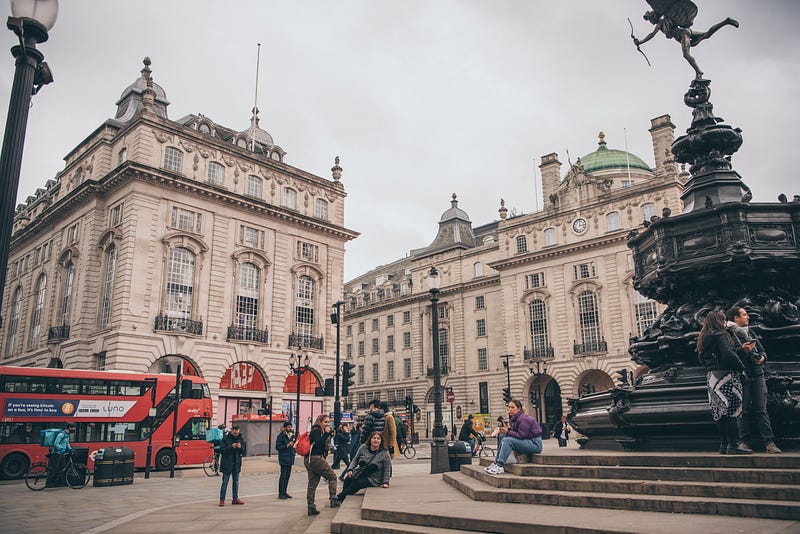A Discussion of Bourgeois Equality Chapter 31 “And the Change was Specifically British”
This chapter wraps up the 4th part of Dr. McCloskey’s book by asserting the favorable attitude shift towards bourgeois dignity was particularly British in flavor.
To put this chapter in context, she is working backwards in time to trace this attitudinal shift. She started this historical review at the time of the industrial revolution in the previous part.
And now, she is wrapping up the British experience in this part of the book centered around 1700 before moving on to an exploration of how the Netherlands got there first.
What was this change?
As McCloskey reminds us, she is trying to explain “a dramatically large change in real income per person.” (p. 286) Minor changes in production techniques are not going to explain why the Great Enrichment started in England when it did.
Something else changed and she says that something else is a newfound appreciation in economic activities by the common man.
Likewise, she says we have seen such a shift in more recent years in China.
The Chinese nowadays say that before 1978 the Communist cadres talked only of class war, but after 1978 they talked only of economic success…’Getting rich became glorious.’ The post-1978 mottoes of the Chinese Communist Party echo in a discordant key the empiricism, liberty, and dignity that was newly popular in northwestern after about 1700. Europe went from talking only about God and hierarchy to talking only about the economy and national strength. (p. 288)
She notes that in England it was not just the bourgeois that were rising but also a group known as the gentry — landed gentleman a step below aristocracy. This the group featured in Jane Austen novels, for example. (p. 287)
As late as 1741, David Hume is quoted as musing if the newly enriched bourgeois would use their new money to purchase “privileges and honors.” (p. 290)
But McCloskey notes that this did not come to pass.
Not anything like “all” of the English bourgeoisie have lusted after noble privilege — this in contrast to France of the ‘ancien regime’, for example. (p. 290)
Conclusion: Why Britain?
Setting the stage for the next part of the book, McCloskey notes the success of the Dutch got the attention of the British.
She asserts that part of the attitude shift in favor of the merchant class came from “the irritating success of the Dutch” which was “startling to Europe.” (p. 290)
‘The evidence for this widespread envy of Dutch enterprise,’ wrote the historian Paul Kennedy in 1976, ‘is overwhelming.’ Likewise the historian Matthew Kadne recently accounted for the English shift toward bourgeois virtues by ‘various interactions with the Dutch.’ (p. 291)
Our next chapter then begins Part 5 of McCloskey’s book where we move back in time another century to roughly the 1600s and to Continental Europe, landing in the Netherlands.
Reference: McCloskey, Deirdre Nansen, 2016. “And the Change was Specifically British,” Chapter 31 of Bourgeois Equality, The University of Chicago Press.




